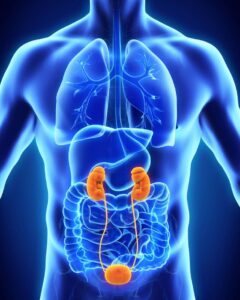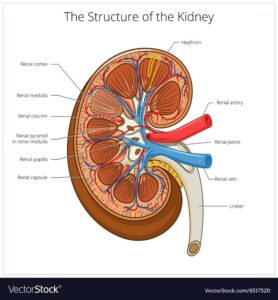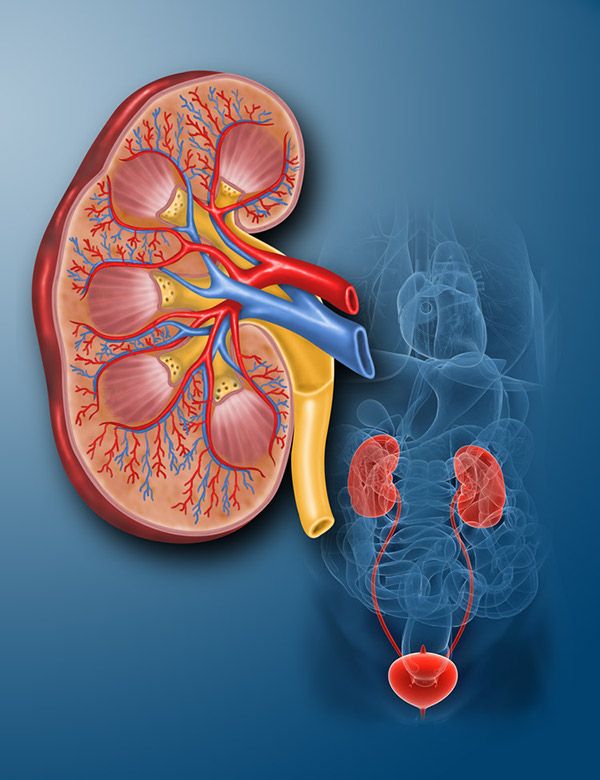Introduction
The kidneys are the body’s natural filtration system, cleansing the blood of toxins, balancing electrolytes, and maintaining fluid equilibrium. Yet, two common habits—excessive use of painkillers and high dietary salt intake—pose significant threats to kidney health. Together, they contribute to nephrotoxicity, a condition where kidney function is impaired by toxic exposure, leading to chronic kidney disease (CKD) or even kidney failure if left unchecked.

This report explores the medical evidence behind these risks, outlines the mechanisms of damage, and highlights the real-world impact through statistics and expert insights.
1. The Hidden Risk of Painkillers
Painkillers—especially nonsteroidal anti-inflammatory drugs (NSAIDs) like ibuprofen, naproxen, and diclofenac—are widely available and often used without medical supervision. While effective for pain relief, they are a leading cause of drug-induced nephrotoxicity.
How NSAIDs Harm the Kidneys
NSAIDs block prostaglandins, chemicals that dilate blood vessels in the kidneys.
Without prostaglandins, kidney blood flow decreases, causing ischemic injury (lack of oxygen to tissues).
Repeated exposure leads to chronic interstitial nephritis, a slow, irreversible kidney condition.
Supporting Data
Studies show that up to 15% of cases of acute kidney injury (AKI) in hospitalized patients are linked to NSAID use.
A meta-analysis published in The Lancet estimated that regular NSAID users have a 32% higher risk of CKD compared to non-users.
2. The Salt Problem: Silent but Deadly
Salt (sodium chloride) is essential in small amounts, but modern diets often exceed safe limits. The World Health Organization (WHO) recommends less than 5 grams per day (about one teaspoon), yet global averages are closer to 9–12 grams per day.
How Excess Salt Damages the Kidneys
Increases blood pressure → Hypertension is the leading cause of kidney disease.
Induces glomerular hyperfiltration → Overworks kidney filters (glomeruli), causing scarring.
Promotes proteinuria → Excess protein leaks into urine, a hallmark of kidney damage.

Supporting Data
High sodium intake is estimated to contribute to 1.65 million cardiovascular deaths annually worldwide, many linked to secondary kidney damage.
The Journal of the American Society of Nephrology reports that individuals with high salt diets are 20–30% more likely to develop CKD.
3. The Deadly Duo: Painkillers + High Salt Intake
While each factor independently stresses the kidneys, together they amplify nephrotoxicity:

Salt raises blood pressure, straining kidney vessels.
Painkillers restrict blood flow further.
The combination accelerates renal decline, often silently until advanced stages.

A study from Kidney International showed that patients with hypertension who regularly used NSAIDs had double the risk of kidney failure compared to those without these risk factors.
4. Real-World Impact
Chronic Kidney Disease prevalence: Globally, 1 in 10 adults suffers from CKD, with rising rates due to lifestyle factors.
Dialysis burden: In the U.S. alone, more than 500,000 people rely on dialysis, much of it preventable.
Economic cost: CKD treatment consumes billions annually—money that could be saved with prevention.
5. Prevention and Safer Choices
Protecting kidney health requires awareness, moderation, and proactive medical guidance:
Limit salt intake to <5 g/day; reduce processed and fast foods.
Avoid chronic self-medication with NSAIDs; seek medical advice for persistent pain.
Stay hydrated, as dehydration worsens drug-induced kidney damage.
Monitor kidney function (serum creatinine, GFR, urine tests) if using painkillers long-term.
Choose alternatives: Acetaminophen (paracetamol) may be safer in some cases but should also be used responsibly.
Conclusion
Kidney damage is often silent until it reaches advanced, life-threatening stages. Painkillers and high salt intake, two seemingly ordinary aspects of daily life, are powerful contributors to nephrotoxicity. The medical evidence is clear: moderation, preventive habits, and awareness can protect against a lifetime of kidney complications.
By making conscious choices today, individuals can safeguard their kidneys, extend their lifespan, and improve their quality of life.
Headlinenews.news Special report.




